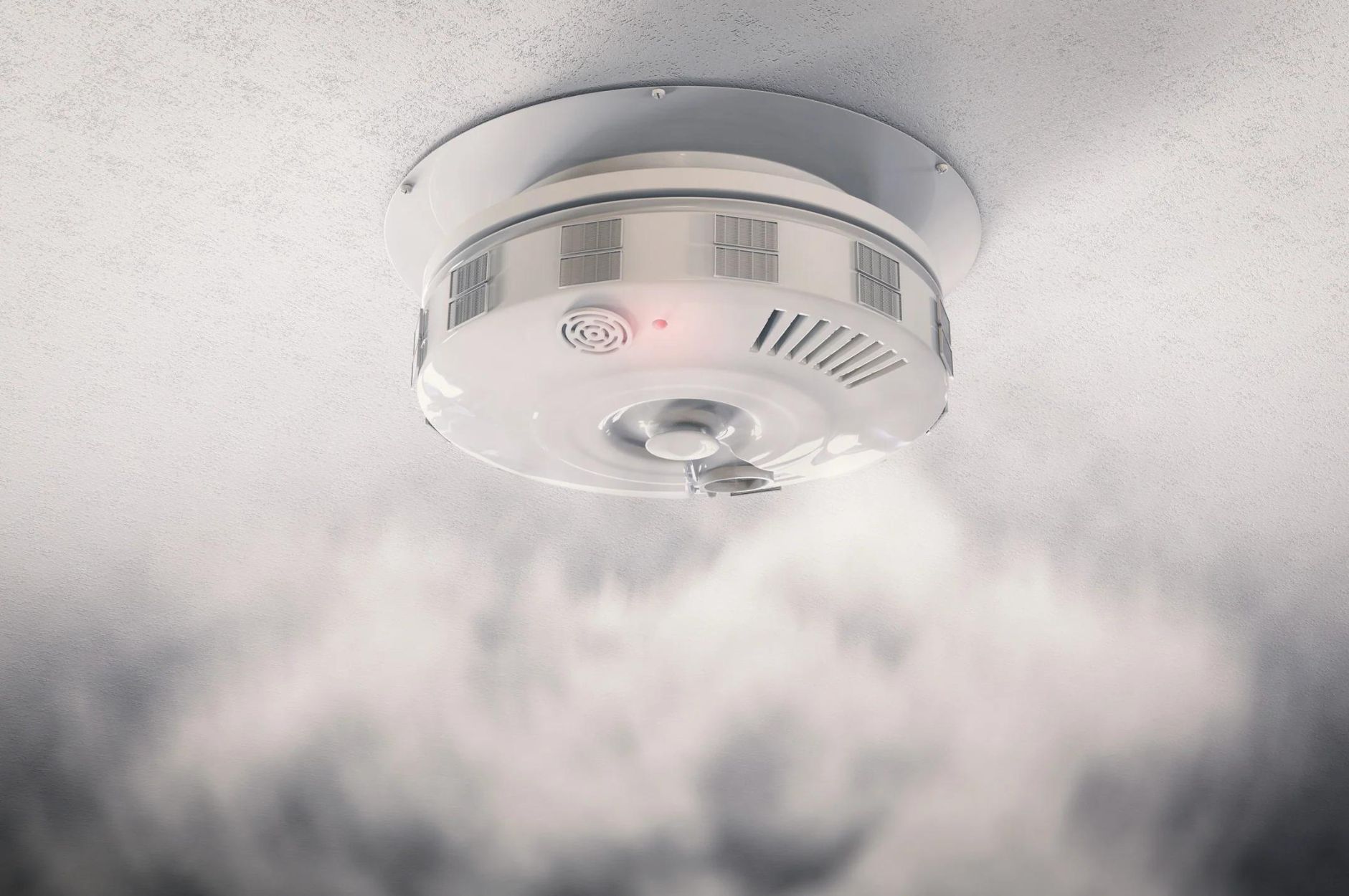

Articles
What Is A Smoke Detector?
Modified: February 24, 2024
Learn all about smoke detectors in this comprehensive article. Discover how they work, types available, and their importance in ensuring the safety of your home.
(Many of the links in this article redirect to a specific reviewed product. Your purchase of these products through affiliate links helps to generate commission for Storables.com, at no extra cost. Learn more)
Introduction
A smoke detector is a crucial device for maintaining safety in both residential and commercial spaces. It plays a vital role in detecting the presence of smoke, which is often the first sign of a fire. By alerting occupants to potential danger at an early stage, smoke detectors allow for prompt evacuation and the possibility of minimizing property damage and personal injuries.
Smoke detectors have become a standard feature in most buildings, required by law in many jurisdictions. These small, unobtrusive devices are designed to detect the presence of smoke particles in the air and emit a loud, distinct alarm when triggered. They serve as a warning system that can save lives and prevent catastrophic fire incidents.
In this article, we will delve into the world of smoke detectors, exploring their definition, how they work, different types available, the benefits of using them, and the importance of regular maintenance and testing. By the end of this article, you will have a comprehensive understanding of smoke detectors and why they are essential for fire safety.
Key Takeaways:
- Early detection and evacuation facilitated by smoke detectors can save lives, protect property, and provide peace of mind, making them an essential investment for every home and workplace.
- Regular maintenance and testing of smoke detectors are crucial for ensuring optimal functionality, reliability, and readiness to detect potential fire hazards, enhancing overall fire safety measures.
Read more: What Is A Photoelectric Smoke Detector?
Definition of a Smoke Detector
A smoke detector, also known as a smoke alarm, is a specialized device that is designed to detect the presence of smoke in the air. It is an essential component of fire safety systems and is widely used in homes, offices, schools, and other buildings to provide early warning in the event of a fire.
Smoke detectors typically consist of two main components: a sensor and an alarm system. The sensor is responsible for detecting smoke particles in the air, while the alarm system produces a loud sound or flashing light to alert occupants of the building.
Smoke detectors can be classified into two main types: ionization smoke detectors and photoelectric smoke detectors. Ionization smoke detectors use a small amount of radioactive material to ionize the air inside the detector. When smoke enters the detector, it disrupts the ionization process, triggering the alarm. Photoelectric smoke detectors, on the other hand, use a beam of light to detect smoke. When smoke particles enter the detection chamber, they scatter the light, causing the alarm to activate.
It’s worth noting that some smoke detectors combine both ionization and photoelectric technologies for dual-sensor detection, providing more comprehensive coverage.
Smoke detectors are usually installed on the ceiling or high on walls, as smoke tends to rise. They can be battery-powered or hardwired, with the latter being directly connected to the building’s electrical system. Some smoke detectors also come with additional features such as carbon monoxide detection or wireless connectivity, allowing for interconnection with other detectors in the building.
In summary, a smoke detector is a device that detects the presence of smoke in the air and alerts occupants of a building to the potential danger of a fire. It is a critical component of fire safety systems and can save lives by providing early warning and allowing for timely evacuation.
How Smoke Detectors Work
Smoke detectors are intelligent devices that utilize various technologies to detect the presence of smoke in the air. Understanding how they work can shed light on their effectiveness in fire safety.
There are two primary types of smoke detectors: ionization smoke detectors and photoelectric smoke detectors. Each type operates based on different principles and is suited for detecting different types of fire.
1. Ionization Smoke Detectors: Ionization smoke detectors contain a small amount of radioactive material, usually Americium-241. They consist of two charged plates and an ionization chamber. The radioactive material emits alpha particles that ionize the air within the chamber, creating a small electrical current between the plates.
When smoke particles enter the chamber, they attach to the charged ions and disrupt the electrical current. This change in electrical current triggers the alarm, indicating the presence of smoke. Ionization smoke detectors are particularly sensitive to fast-burning, flaming fires.
2. Photoelectric Smoke Detectors: Photoelectric smoke detectors use a different approach to detect smoke. They comprise a light source, usually an LED, and a light-sensitive sensor, typically a photodiode. In normal conditions, the light beam is scattered away from the sensor, and the alarm remains inactive.
When smoke particles enter the detector, they reflect or scatter the light, directing it towards the sensor. This sudden increase in light intensity triggers the alarm, signaling the presence of smoke. Photoelectric smoke detectors are especially effective in detecting smoldering fires with large, dense smoke particles.
It’s important to note that each type of smoke detector has its strengths and weaknesses. While ionization smoke detectors respond quickly to flaming fires, they may be slower to detect smoldering fires. On the other hand, photoelectric smoke detectors excel at detecting smoldering fires but may be less sensitive to fast-igniting fires.
In recent years, there has been a growing trend towards dual-sensor smoke detectors, which combine both ionization and photoelectric technologies. These detectors offer the advantages of both types, providing broader and more accurate smoke detection capabilities.
Regardless of the technology used, smoke detectors are designed to detect even small amounts of smoke and trigger the alarm system. This early warning allows occupants to evacuate safely before the fire spreads and reduces the risk of property damage and injuries.
Types of Smoke Detectors
Smoke detectors come in various types, each utilizing different technologies to detect smoke and provide early warning in the event of a fire. Understanding the different types can help you choose the most suitable smoke detector for your specific needs.
1. Ionization Smoke Detectors: This type of smoke detector works on the principle of ionizing the air within a chamber. It contains a small amount of a radioactive material, which emits alpha particles. When smoke particles enter the chamber, they disrupt the electrical current between two charged plates, triggering the alarm. Ionization smoke detectors are highly sensitive to fast-burning fires and are commonly used in residential settings.
2. Photoelectric Smoke Detectors: Photoelectric smoke detectors operate by using a light source and a light-sensitive sensor. In normal conditions, the light beam is scattered away from the sensor. When smoke enters the detector, it scatters or reflects the light towards the sensor, triggering the alarm. Photoelectric smoke detectors are particularly effective at detecting smoldering fires and are often used in areas where slow-burning fires are more likely to occur, such as bedrooms or living rooms.
3. Dual-Sensor Smoke Detectors: Dual-sensor smoke detectors combine both ionization and photoelectric technologies to provide more comprehensive smoke detection capabilities. By integrating the strengths of both types, dual-sensor detectors offer increased sensitivity and faster response time to a wide range of fire conditions. This makes them a popular choice for homes and commercial buildings.
4. Smart Smoke Detectors: Smart smoke detectors are connected devices that offer additional features and connectivity options. These detectors can be connected to a home automation system or controlled through a smartphone app. They often include advanced features like remote monitoring, battery status notifications, and integration with other smart devices in the home. Some smart smoke detectors also have built-in carbon monoxide sensors for dual-purpose protection.
5. Smoke Detectors with Carbon Monoxide (CO) Detection: These detectors are equipped with sensors to detect both smoke and the deadly gas, carbon monoxide. Carbon monoxide is a colorless and odorless gas that can cause carbon monoxide poisoning, leading to serious health issues or even death. Having a smoke detector with carbon monoxide detection provides comprehensive protection against both fire and gas-related hazards.
6. Hardwired Smoke Detectors: Hardwired smoke detectors are directly connected to the electrical system of a building. They usually have a backup battery in case of a power outage. Hardwired detectors are commonly found in commercial buildings and newer residential constructions, offering a reliable and continuous power source for uninterrupted operation.
7. Battery-Powered Smoke Detectors: Battery-powered smoke detectors operate solely on batteries. They are easy to install and can be used in any location without the need for wiring. However, it is important to regularly check and replace the batteries to ensure the detector’s functionality. Battery-powered detectors are commonly found in older homes or spaces where hardwired options are not available or practical.
When choosing a smoke detector, it’s important to consider the specific requirements of your building, the type of fire hazards prevalent in your area, and any additional features or connectivity options you may want. Installing the appropriate smoke detectors throughout your home or building can significantly enhance fire safety and provide precious time for evacuation in case of an emergency.
A smoke detector is a device that senses smoke, typically as an indicator of fire, and emits a loud alarm to alert occupants. It is an essential safety device for every home and should be installed on every level and in every bedroom. Test it monthly and replace batteries at least once a year.
Benefits of Using Smoke Detectors
Smoke detectors are a vital component of fire safety systems and offer a host of benefits that can help protect lives and property. Here are some key advantages of using smoke detectors:
1. Early Detection: The primary benefit of smoke detectors is their ability to detect smoke at its earliest stages. By sounding an alarm as soon as smoke is detected, these devices provide essential early warning to occupants, allowing them to take immediate action and evacuate safely before the fire spreads.
2. Life-Saving Potential: Smoke detectors can save lives by alerting people to the presence of a fire when they are sleeping or unaware of the danger. The loud alarm sound can wake individuals and give them the necessary time to escape a potentially life-threatening situation.
3. Property Protection: Early detection and prompt evacuation facilitated by smoke detectors can significantly reduce property damage caused by fires. By alerting occupants to a fire in its initial stages, there is a higher chance of extinguishing the fire or minimizing its spread before it engulfs the entire building.
4. Peace of Mind: Knowing that smoke detectors are installed and functioning properly provides a sense of security and peace of mind to occupants. It helps create a safer living or working environment, allowing people to focus on their daily activities without worrying about fire-related emergencies.
5. Compliance with Regulations: Many countries and local jurisdictions have regulations that require the installation of smoke detectors in residential and commercial buildings. By having smoke detectors in place, property owners can ensure compliance with these regulations and avoid potential legal consequences.
6. Affordability and Accessibility: Smoke detectors are relatively inexpensive and widely available. They are accessible to individuals and can be easily installed throughout a building without the need for extensive wiring or complex installation procedures. This affordability and accessibility make it easier for homeowners and businesses to prioritize fire safety.
7. Versatility and Options: Smoke detectors come in various types and models to cater to different needs and preferences. Whether it’s ionization, photoelectric, or dual-sensor detectors, there are options available to suit specific requirements. Additionally, there are smart smoke detectors with advanced features and connectivity options for those seeking more advanced fire safety technology.
8. Low Maintenance: Smoke detectors require minimal maintenance. Regular testing, cleaning, and battery replacement (in the case of battery-powered detectors) are simple tasks that can be easily performed by the occupants or property owners. This ensures that the detectors remain in good working condition and provides reliable protection over time.
9. Integration with Other Systems: Smoke detectors can often be integrated with other fire safety systems, such as fire alarms, sprinkler systems, or home automation systems. This integration enhances the overall fire safety infrastructure, ensuring a fast and coordinated response in the event of an emergency.
Overall, smoke detectors are an indispensable part of fire safety measures. Their early detection capabilities, life-saving potential, property protection, and peace of mind benefits make them a crucial investment for every home and business.
Read more: What Is A Hardwired Smoke Detector?
Maintenance and Testing of Smoke Detectors
Proper maintenance and regular testing of smoke detectors are essential to ensure their optimal functionality and reliable performance. Here are some important guidelines for maintaining and testing your smoke detectors:
1. Read the Manufacturer’s Instructions: Start by carefully reading and understanding the manufacturer’s instructions that come with your smoke detectors. These instructions provide specific guidance on maintenance and testing procedures for your particular model.
2. Test Monthly: It is recommended to test your smoke detectors at least once a month. To test, simply press the test button on the detector and listen for the loud alarm sound. If the sound is weak, replace the batteries or consult the manufacturer for further assistance.
3. Clean Regularly: Dust and debris can accumulate on the sensors of smoke detectors over time, affecting their sensitivity and performance. Regularly clean the detectors by gently vacuuming them or using a soft brush attachment to remove any dirt or dust buildup. Avoid using harsh cleaning chemicals or spraying water directly on the detectors.
4. Battery Replacement: If your smoke detectors are battery-powered, replace the batteries at least once a year or as per the manufacturer’s recommendation. Some smoke detectors have a low-battery indicator that alerts you when the batteries need replacement. Always use fresh batteries and dispose of old ones properly.
5. Check the Date of Manufacture: Smoke detectors have a limited lifespan, usually around 10 years. Check the date of manufacture printed on the back or bottom of the detectors to determine when they need to be replaced. If your detectors have exceeded their recommended lifespan, replace them with new ones.
6. Keep Detectors Functional: Avoid tampering with or disabling your smoke detectors. Ensure that they are properly installed and securely attached to the ceiling or wall. Never paint over the detectors as this can interfere with their operation. Regularly check for loose or loose-fitting detectors and reattach them if necessary.
7. Interconnected Detectors: If you have multiple smoke detectors in your home that are interconnected, test all of them simultaneously to ensure that they are functioning properly and are in sync with each other.
8. Regular Inspections: Conduct routine visual inspections of your smoke detectors to ensure they are free from physical damage or signs of wear and tear. Promptly replace any damaged or malfunctioning detectors to maintain an effective fire detection system.
9. Maintenance Records: Keep a record of maintenance and testing activities performed on your smoke detectors. This record will help you track the dates of testing, battery changes, and any issues encountered. It also serves as a useful reference for future maintenance and replacement.
By following these maintenance and testing guidelines, you can ensure that your smoke detectors are in good working condition and ready to detect any potential fire hazards, providing you and your household with the highest level of fire safety.
Importance of Having Working Smoke Detectors
Having working smoke detectors in your home or place of business is of paramount importance for several critical reasons. Here are some key reasons why having functioning smoke detectors is crucial for your safety:
1. Early Detection of Fire: Smoke detectors are designed to detect the presence of smoke, which is often the first sign of a fire. By promptly detecting smoke, the detectors can provide early warning, allowing occupants to react quickly and evacuate the premises before the fire spreads and becomes more dangerous.
2. Life-Saving Potential: Smoke detectors can save lives. According to the National Fire Protection Association (NFPA), the risk of dying in a reported home fire is cut in half when smoke alarms are present and working properly. The loud alarm sound emitted by smoke detectors serves as an essential alert, waking up occupants and giving them the precious time needed to escape to safety.
3. Protection of Property: Smoke detectors not only save lives but also help protect property. Early detection and rapid evacuation facilitated by smoke detectors can significantly reduce property damage caused by fires. The earlier the fire is detected and addressed, the better the chances of extinguishing it or minimizing its spread, thus potentially saving valuables and reducing the cost of repair and recovery.
4. Compliance with Legal Requirements: Many jurisdictions have laws and regulations that mandate the installation of smoke detectors in residential and commercial buildings. Being compliant with these legal requirements not only ensures the safety of occupants but also helps avoid potential legal consequences and penalties for non-compliance.
5. Enhancing Fire Safety Systems: Smoke detectors are an integral part of a comprehensive fire safety system. They work in conjunction with other fire safety devices such as fire alarms and sprinkler systems to provide early warning and initiate the appropriate response measures. Having working smoke detectors enhances the overall effectiveness and reliability of the fire safety infrastructure in a building.
6. Peace of Mind: Knowing that you have working smoke detectors in your home or workplace provides a sense of security and peace of mind. It allows you to rest assured that you have taken proactive measures to protect yourself, your loved ones, and your property from the devastating effects of fire.
7. Easy and Affordable Installation: Smoke detectors are relatively easy to install and cost-effective. They are readily available and come in various types and models to suit different needs and preferences. Whether battery-powered or hardwired, smoke detectors can be installed in every room or area where there is a potential fire risk to provide comprehensive coverage.
8. Regular Maintenance and Testing: It is essential to regularly maintain and test your smoke detectors to ensure that they are functioning properly. This includes testing the alarms, replacing batteries (if applicable), and keeping the detectors clean from dust or debris. Regular maintenance and testing ensure that your smoke detectors are always ready to provide the level of protection you need.
9. Safety for Vulnerable Individuals: Smoke detectors are particularly crucial for vulnerable individuals, such as young children, the elderly, or individuals with mobility challenges. These individuals may have difficulty responding quickly to a fire emergency, making early detection and warning from smoke detectors even more critical for their safety.
Overall, having working smoke detectors is essential for early detection, timely evacuation, and overall fire safety. These small devices can make a significant difference in saving lives, protecting property, and providing peace of mind in the face of a potential fire emergency.
Conclusion
Smoke detectors are a fundamental component of fire safety, offering valuable protection against the devastating consequences of fires. These simple yet powerful devices play a vital role in detecting the presence of smoke, providing early warning, and facilitating prompt evacuation for the safety of occupants.
Throughout this article, we have explored the definition of smoke detectors, how they work using ionization or photoelectric technologies, and the importance of selecting the right type for your specific needs. We have also discussed the benefits of having working smoke detectors, including early fire detection, life-saving potential, property protection, compliance with regulations, peace of mind, and the ease of installation and maintenance.
By having functional smoke detectors in your home or place of business, you increase your chances of detecting a fire in its early stages, giving yourself and others the essential time to evacuate safely and minimize property damage. The importance of regular maintenance and testing cannot be emphasized enough, as it ensures that your smoke detectors are in optimal working condition and ready to perform when needed.
Remember to test your smoke detectors monthly, clean them regularly, and replace batteries or expired detectors according to the manufacturer’s instructions. Take advantage of the advancements in technology by considering smart smoke detectors or those with integrated carbon monoxide detection for enhanced fire safety.
Installing and maintaining smoke detectors should not be seen as optional, but as an essential responsibility for every home and workplace. Their presence provides an invaluable layer of protection against fires, giving you and your loved ones the best chance of escaping unharmed and minimizing the loss of property.
In conclusion, make smoke detectors a priority in your fire safety measures. It is an investment that can save lives, protect property, and bring peace of mind. Stay proactive, stay safe, and ensure that your smoke detectors are always in proper working order to safeguard the well-being of yourself and those around you.
Frequently Asked Questions about What Is A Smoke Detector?
Was this page helpful?
At Storables.com, we guarantee accurate and reliable information. Our content, validated by Expert Board Contributors, is crafted following stringent Editorial Policies. We're committed to providing you with well-researched, expert-backed insights for all your informational needs.
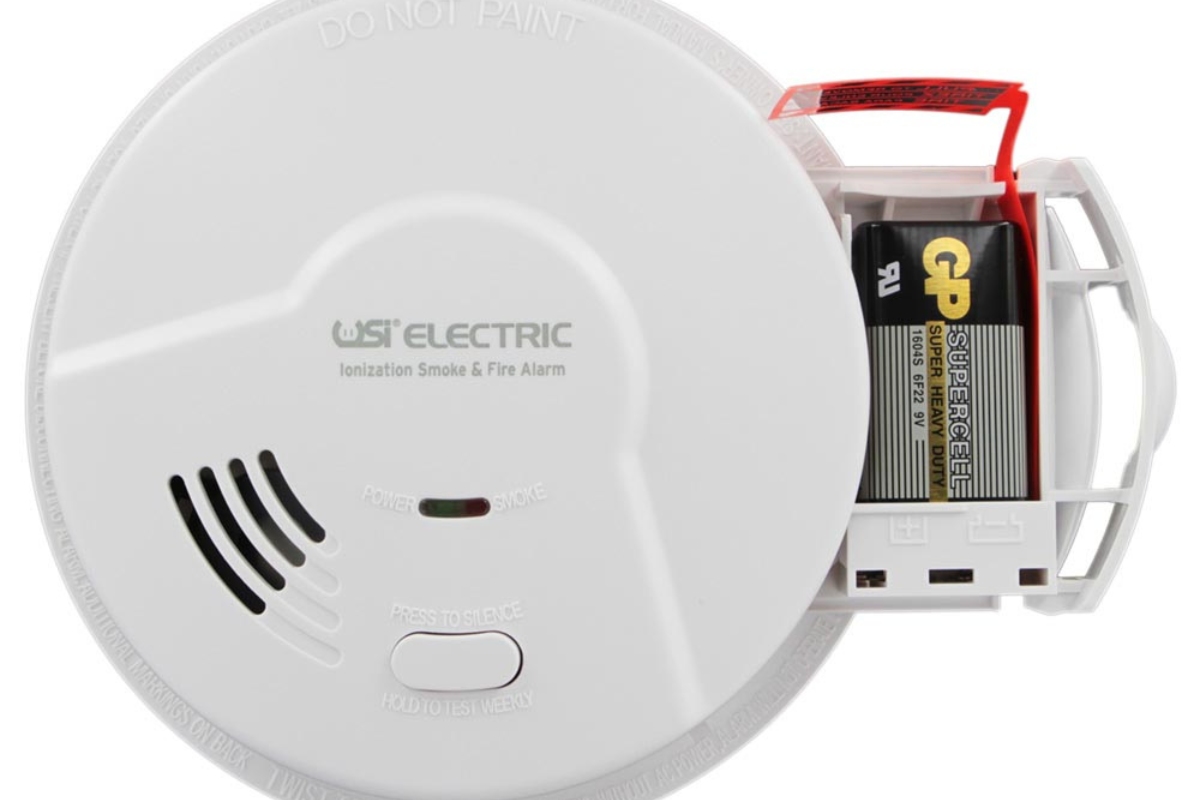
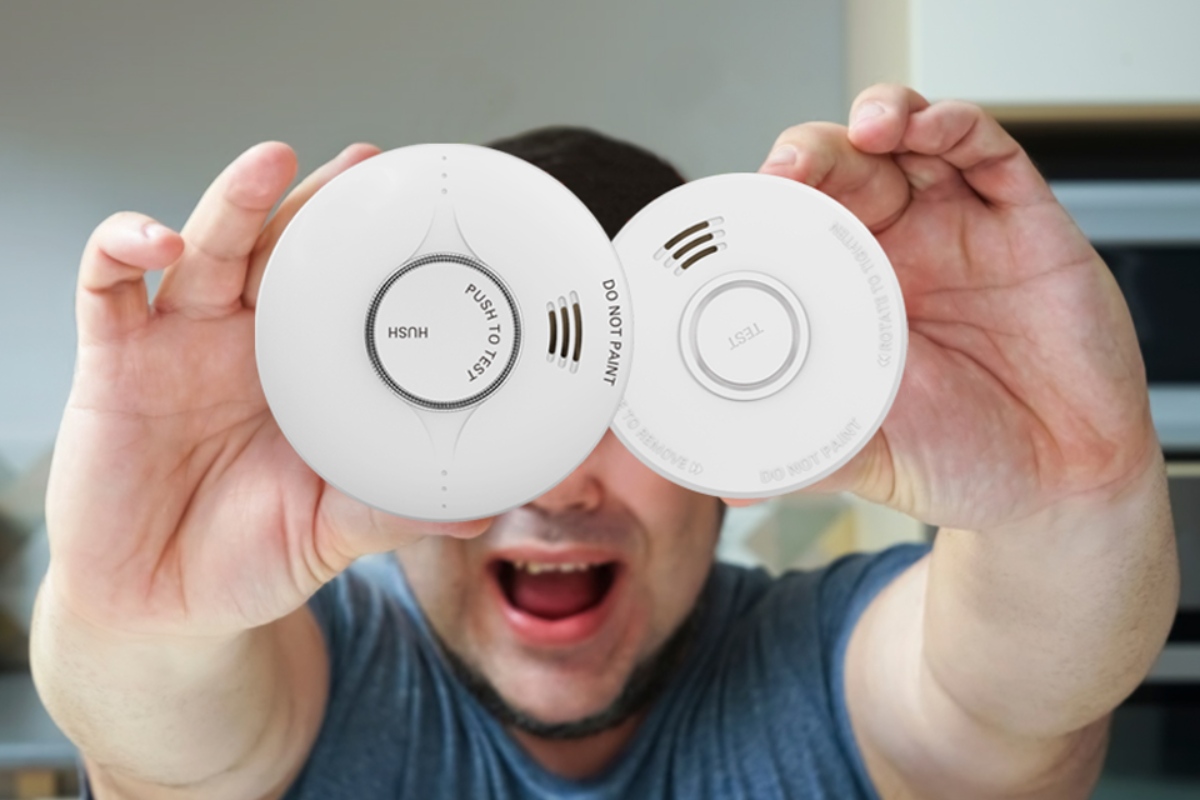
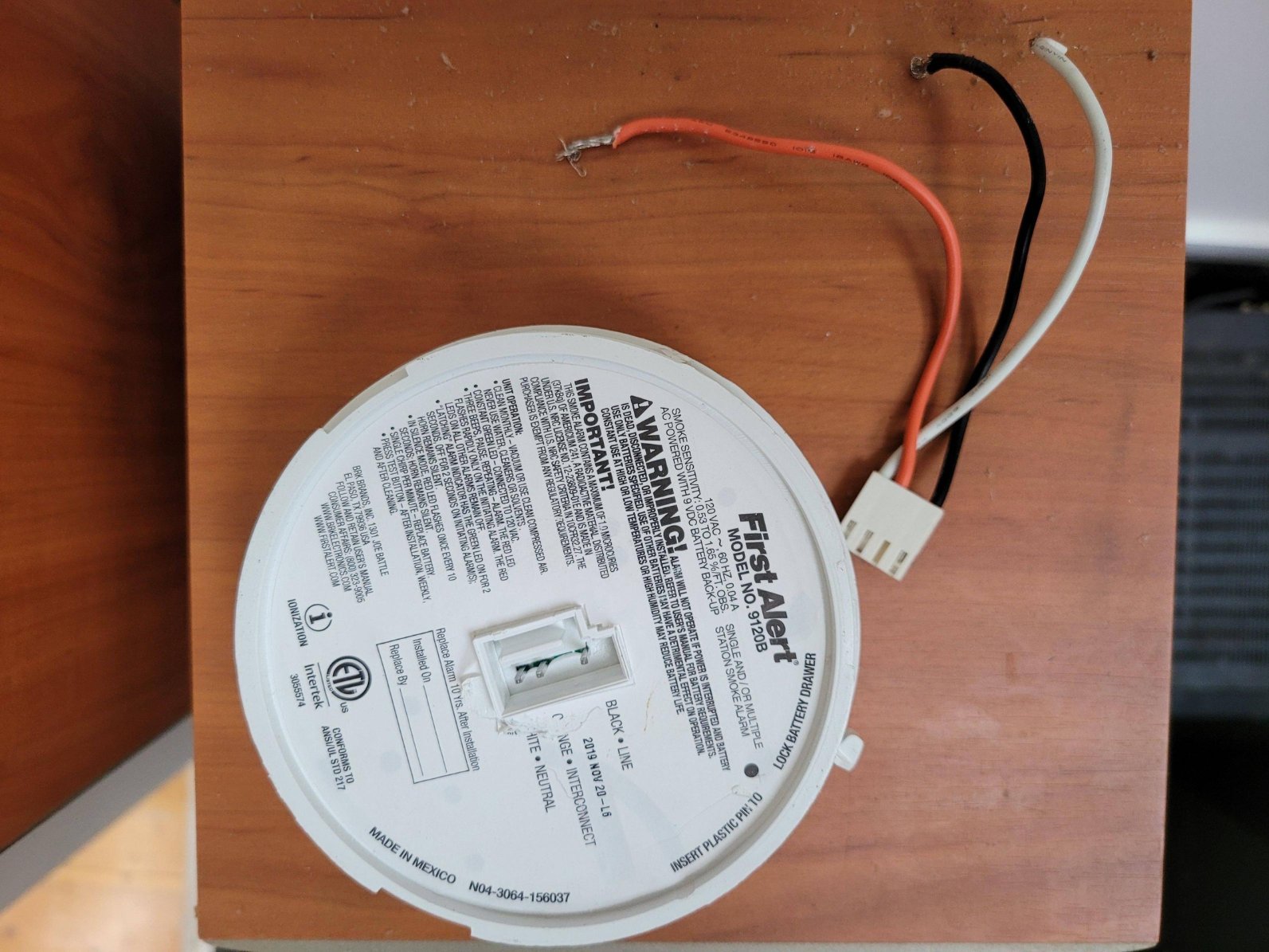
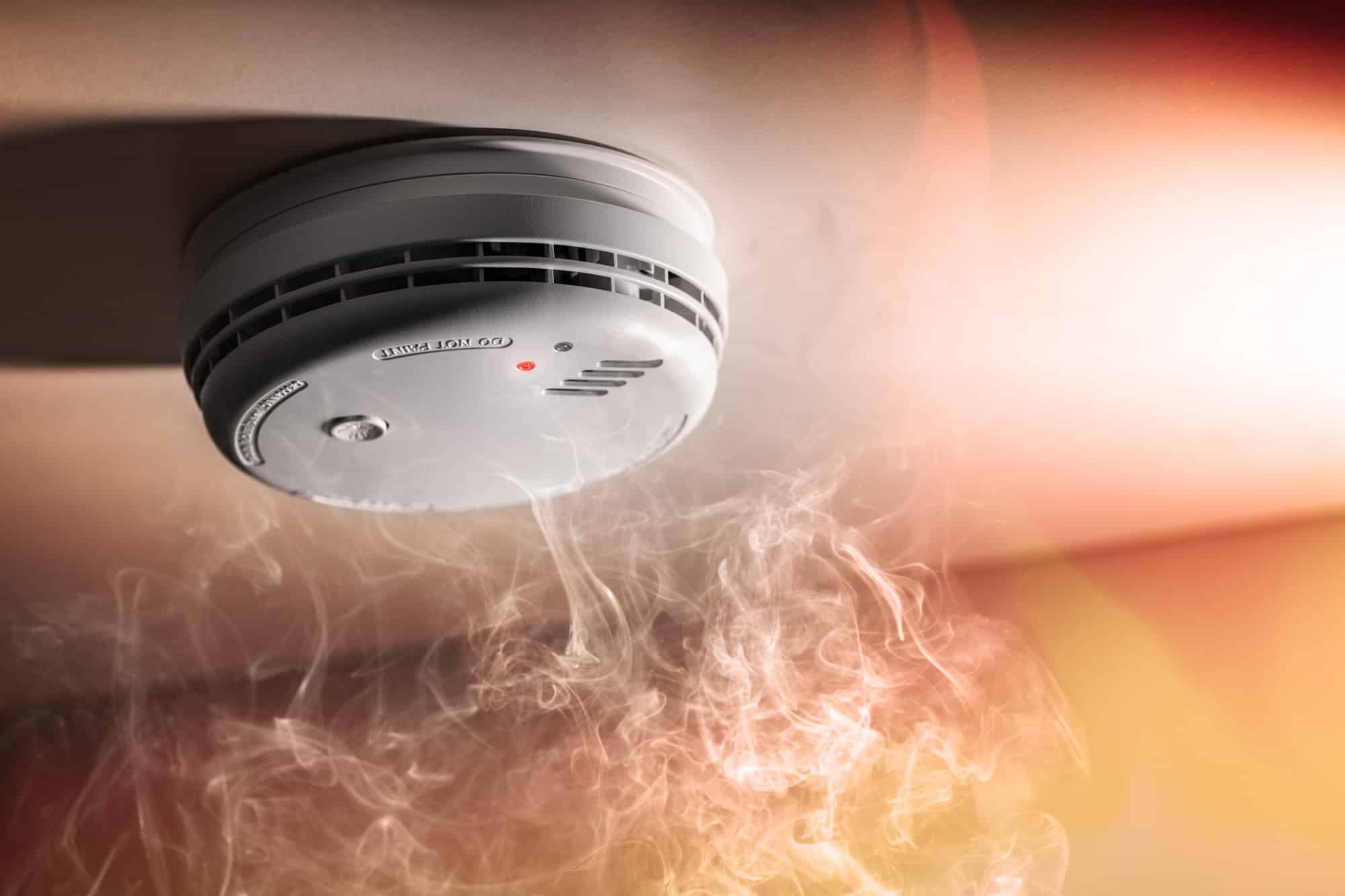

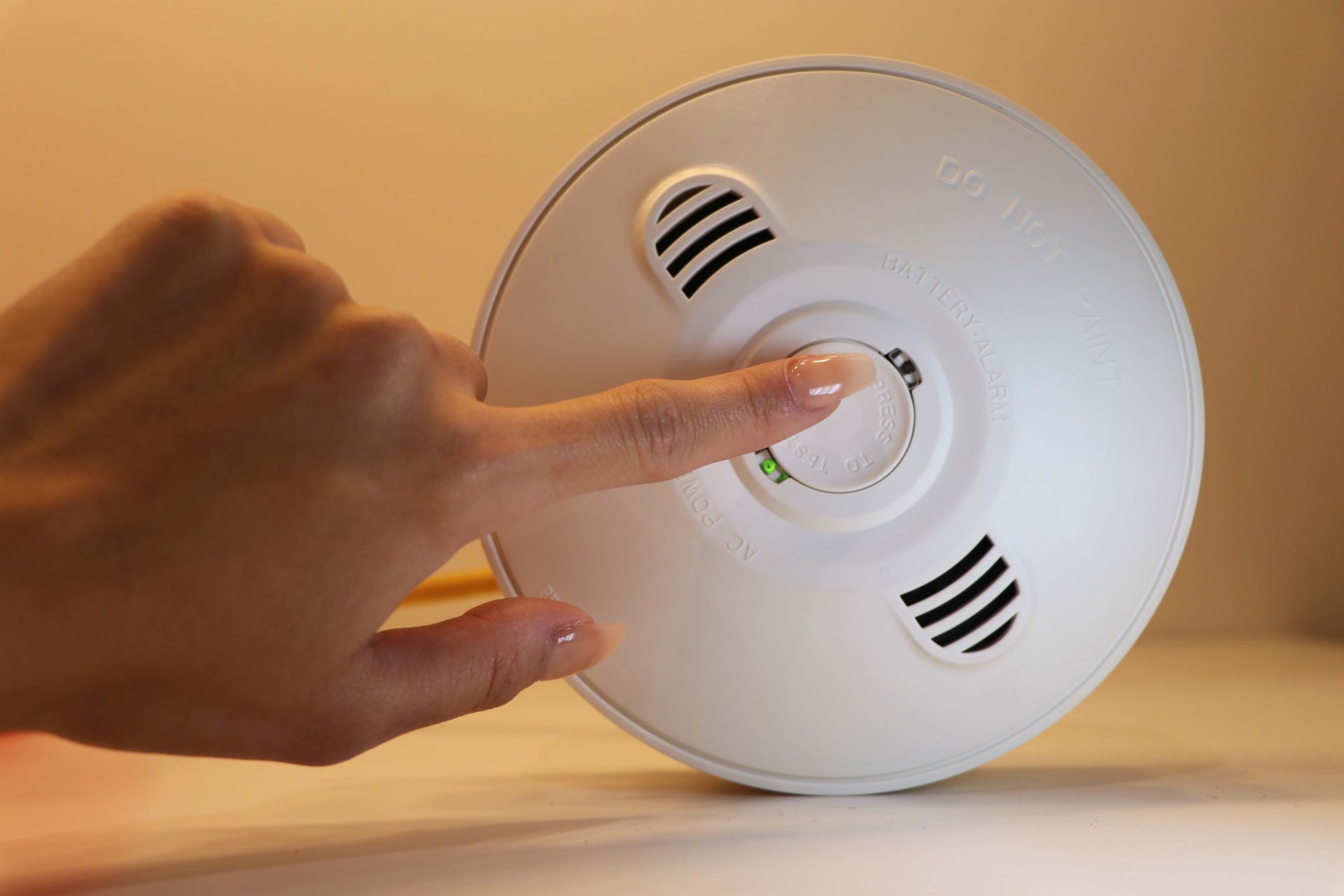
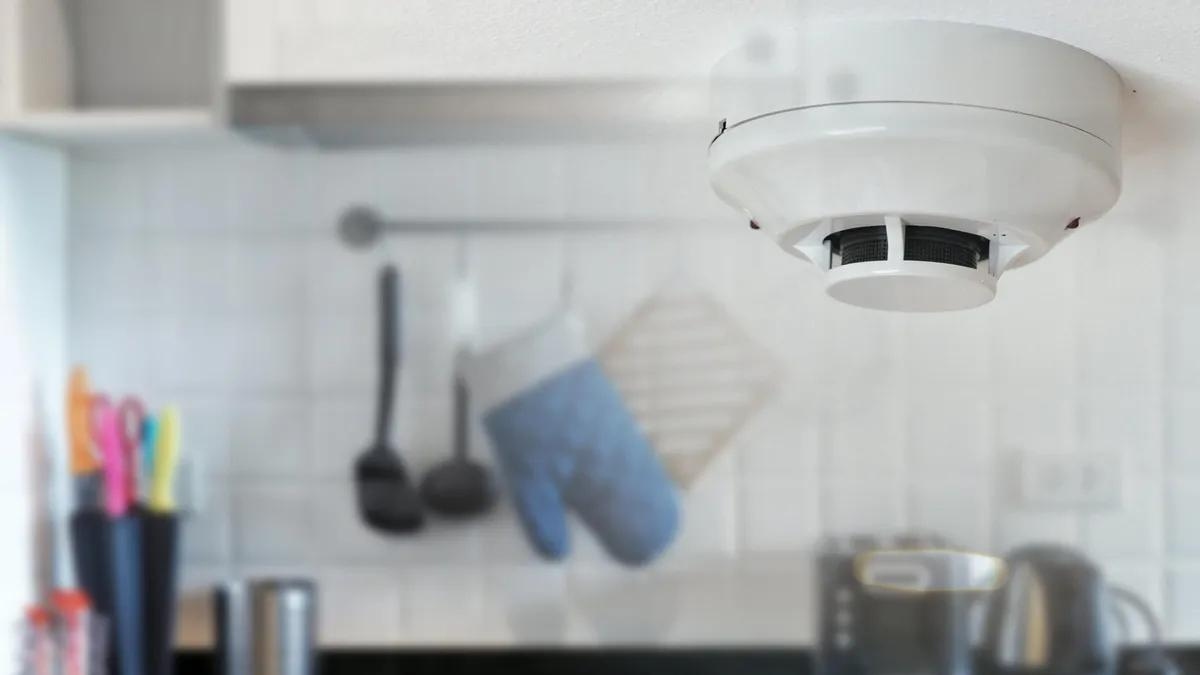
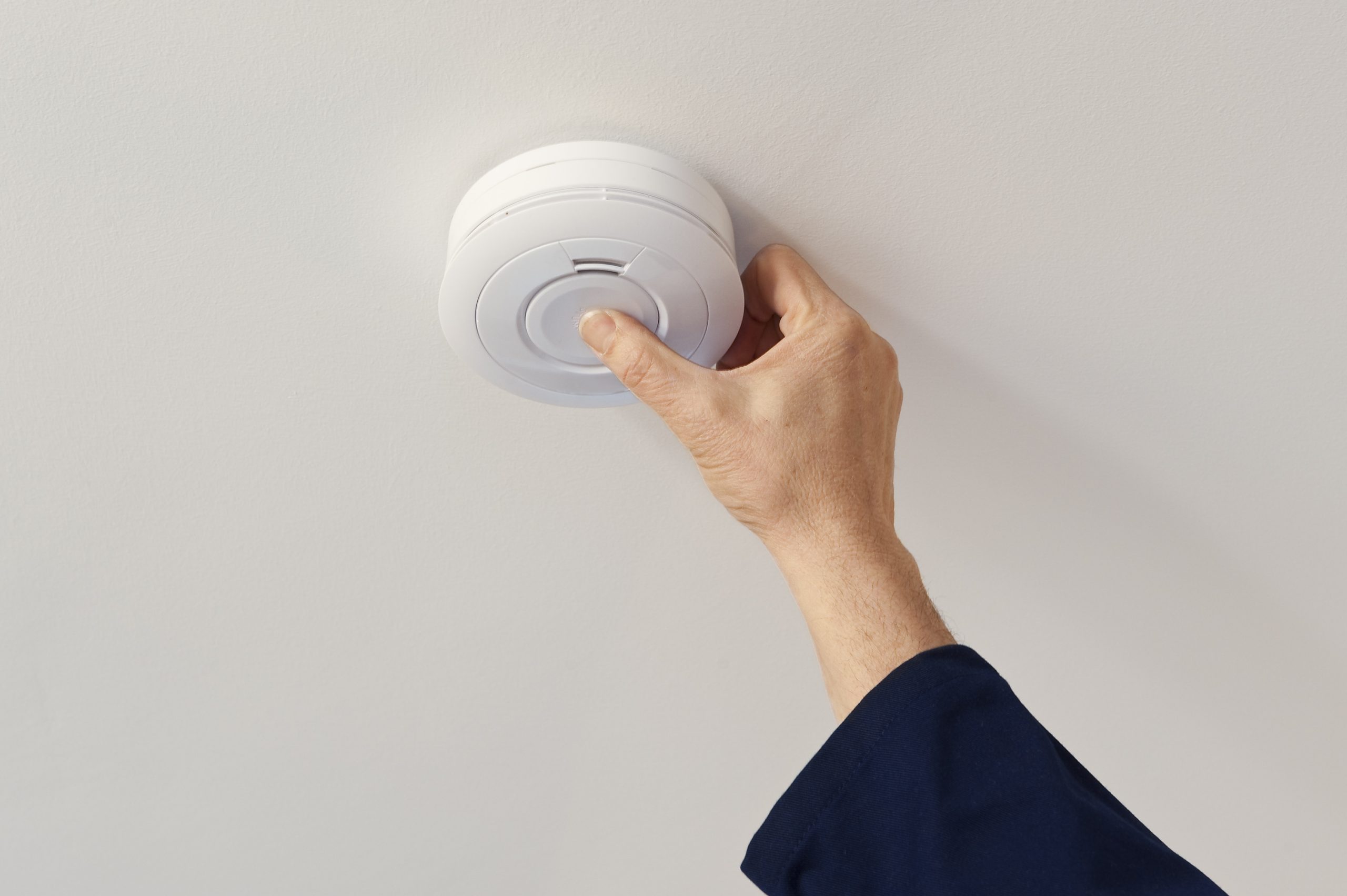
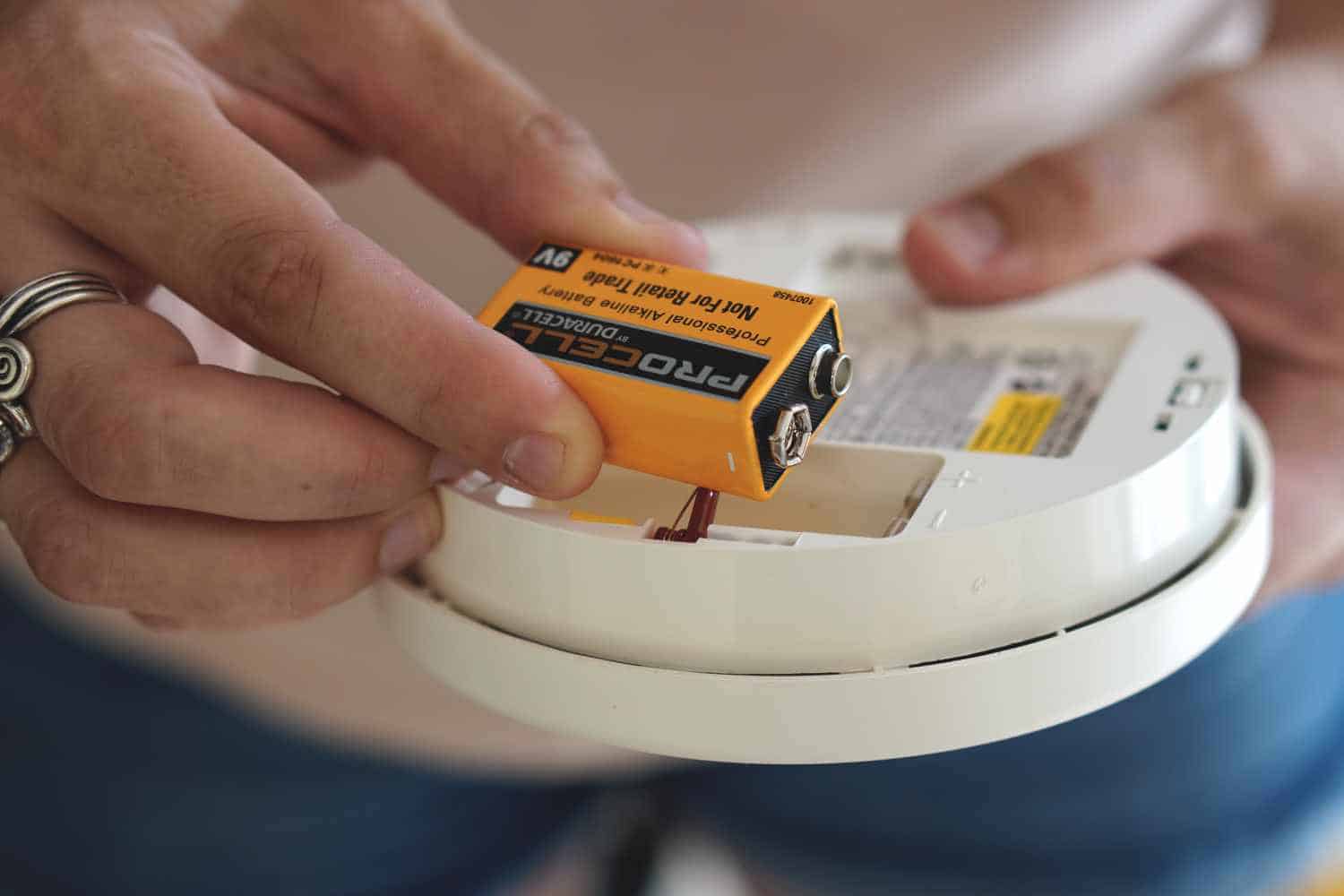
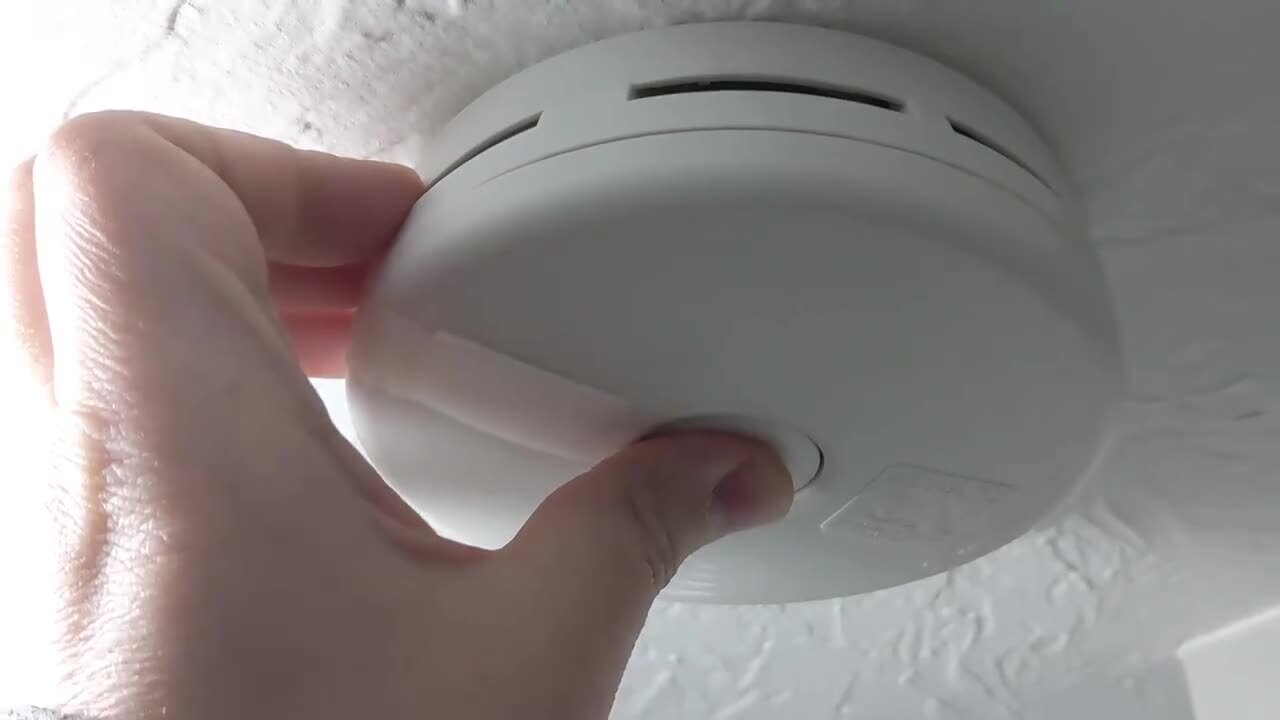
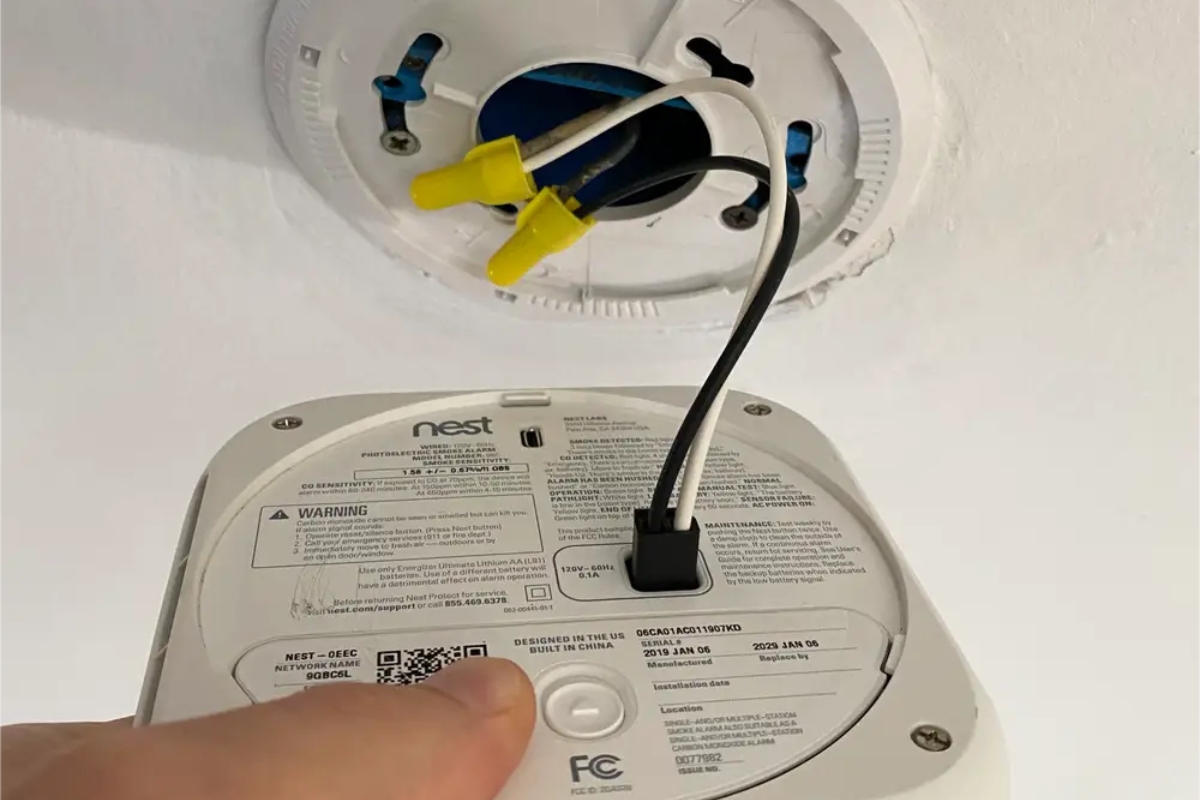

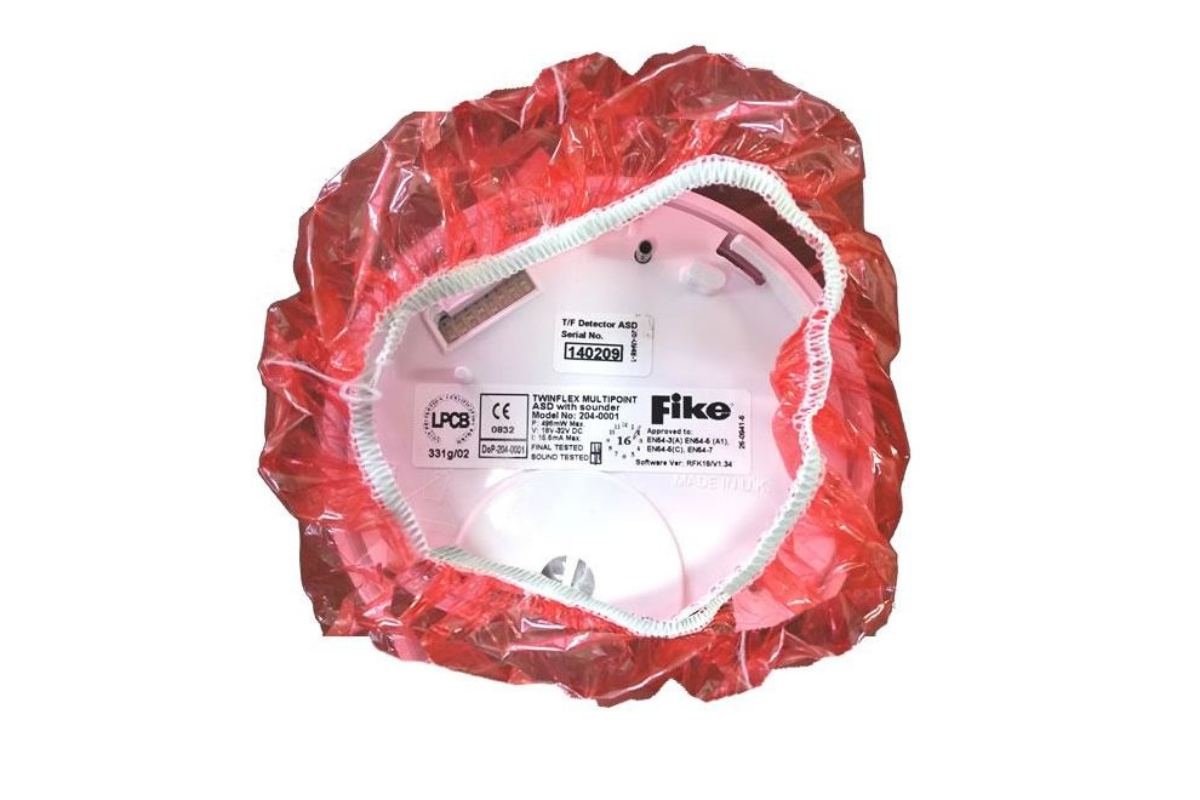
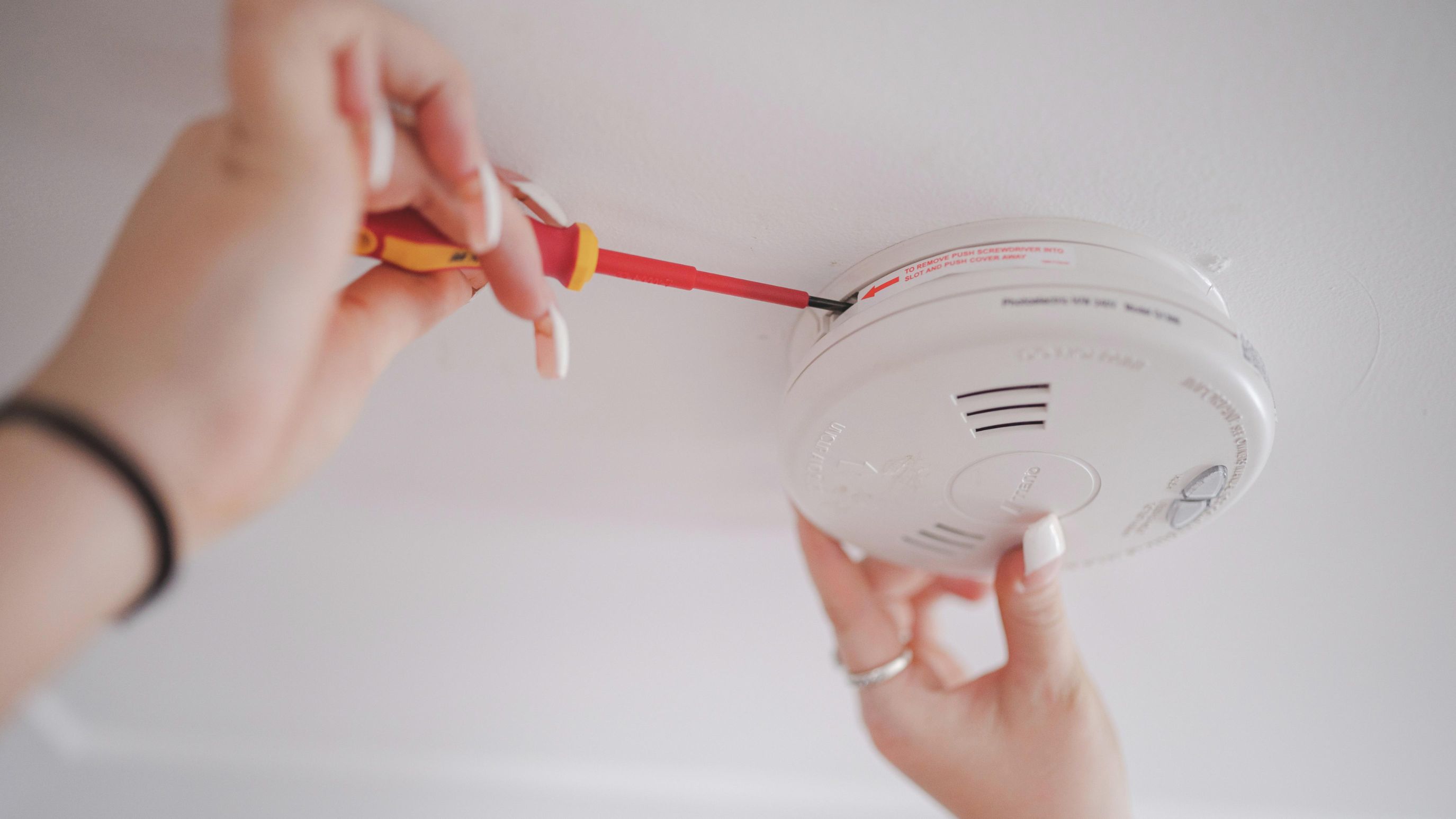

0 thoughts on “What Is A Smoke Detector?”